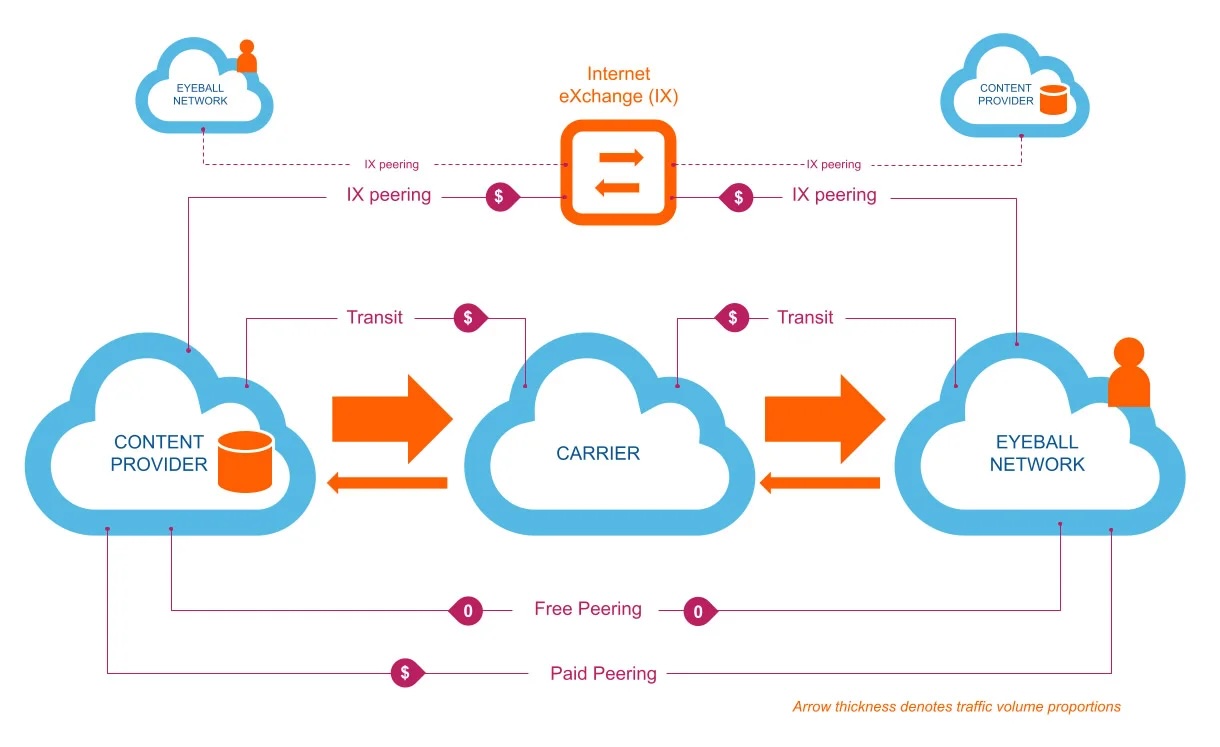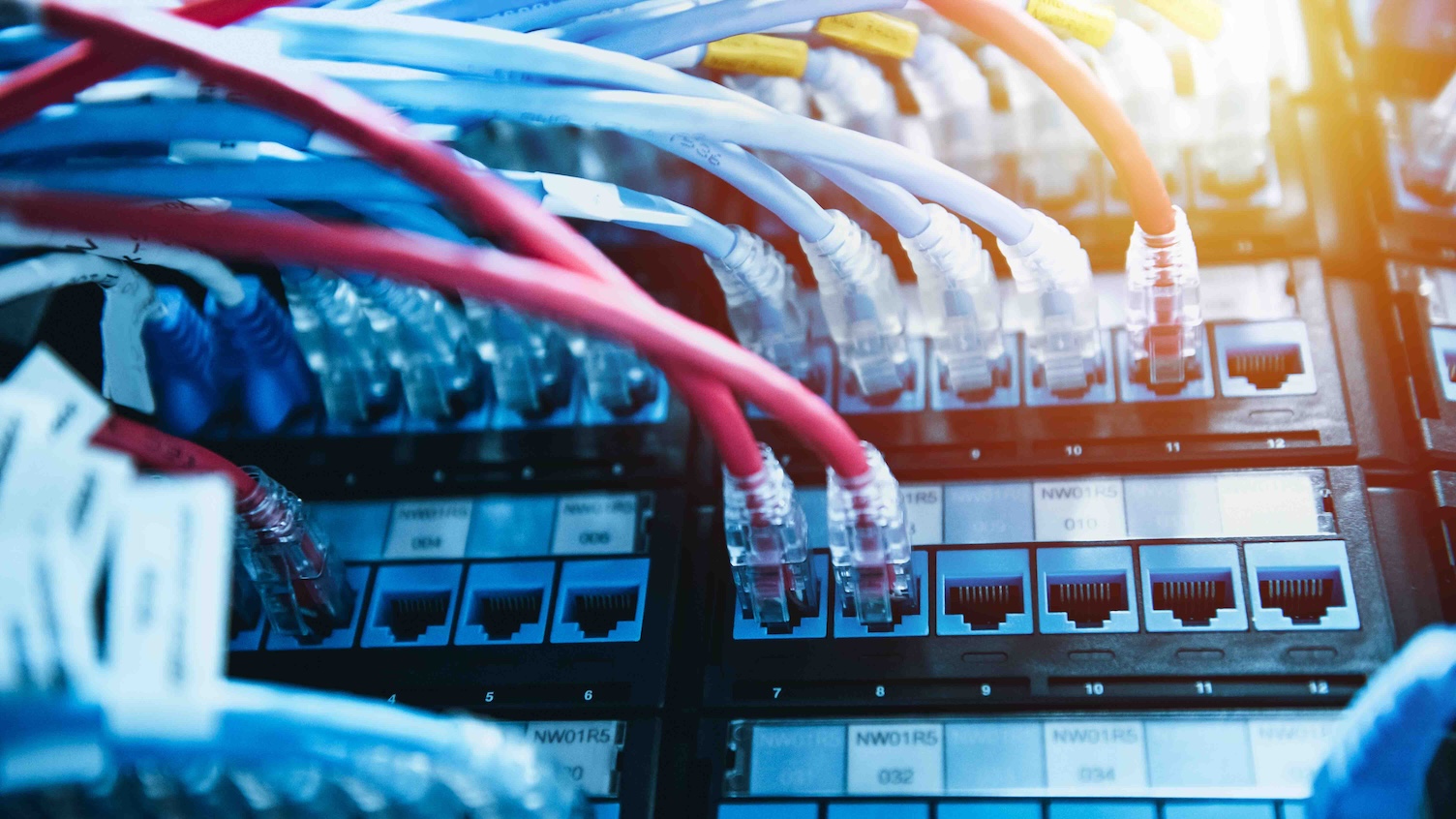The quality of Internet infrastructure in Hungary – at least according to the persistent opinion of ISPs – almost spoils subscribers, which is why it is even more surprising when something does not work as expected. Magyar Telekom subscribers have experienced this in practice for several months, regardless of the type of endpoint access, when they want to access or use certain websites or services in the evening hours.
This phenomenon is not new at all, and there are not even technical reasons behind it. As we have written on several occasions, as well as in many Internet forums, subscribers – usually more and more tired – show slowdowns in services and websites that offer complex services to content providers and network operators called Cloudflare (CDN, Advanced DDoS Protection, DNS, VPN, etc. etc.) are used by an infrastructure provider's solution.
Cloudflare's services have become very popular recently, regardless of company size, thanks to the company's philosophy of free internet and freedom of expression, which has led to years of conflicts of interest between the company and ISPs that have direct contact with subscribers (whether residential or commercial). commercial). This conflict of interest manifests itself in extremely high delay and packet loss when a telecom subscriber tries to use Discord, Twitch, read Telex or 444.hu in the evening, and play various online video games.
Workplaces that hold it allThere have always been jobs in IT that fit well on a resume. |
Workplaces that hold it all
There have always been jobs in IT that fit well on a resume.
To understand the problem, it is first worth recognizing that Deutsche Telekom (DTAG), as one of the largest Internet service providers in Europe and the world, carefully frames the ways in which subsidiaries of the corporate group can route their Internet traffic, along with Along with all other global companies with similar operation. That is why an absurd situation can occur, that although Cloudflare is available via a direct port in Magyar Telekom's Dataplex, and in Bix under ISZT control, the CF traffic still occurs over the Level3 connection of all telecom operators.
This connection is crowded from time to time, especially in the evening hours, and records show that the traffic always passes through an international line, Frankfurt or better, Vienna, even if someone happens to open the telex.
But why divert Telekom subscribers' traffic to already crowded and more expensive international lines, when a direct connection with Cloudflare can also be established locally, via Dataplex or Bix?
The answer is, of course, money, and the institution of paid peering, an accounting system that has been increasingly used recently among major Internet content providers and Internet service providers who communicate with subscribers and customers.
In an ideal Internet world, the service providers that make up the World Wide Web would be connected to each other according to the principle of reciprocity, that is, one service provider sends the same amount of traffic into another service provider's network as it leaves from, and the transmission costs are borne equally by customers on both sides.
However, this principle of reciprocity is increasingly difficult to apply in the case of the modern Internet, where some content providers (such as Netflix, Google, Amazon, etc.) handle much more outgoing traffic than they receive.

Since the peer connection, like all network resources, also has limited capacity, and building and maintaining a large capacity is expensive, the ISP connected to the end user wants to impose the above (excess) costs resulting from a large disproportionality, or part thereof, on Content provider, otherwise subscriber costs will rise. This led to the creation of paid peering, a completely legitimate and often used form of data exchange between major content providers and ISPs.
Although the parties have never officially confirmed it, Deutsche Telekom and Cloudflare have apparently been unable for many years to reach a business peering agreement, the juice of which is consumed by several (ten) million subscribers of DTAG subsidiaries.
In the game, it seems that both sides are trying to play their cards: Cloudflare is supposedly playing on the fact that Telekom will capitulate due to the large number of customer complaints and threats from the authorities, while Telekom can similarly expect this sooner or later. Cloudflare customers will run out of patience and choose another infrastructure provider to ensure the smooth running of their business.
Magyar Telekom's position regarding the above issue has not changed materially compared to previous years. After our inquiry, the company informed us that it is aware of the problem, and in cooperation with Deutsche Telekom, it is doing its utmost to solve and eliminate it.
We've also contacted Cloudflare about this matter, but have not received any response to our questions.
Magyar Telekom's local telecommunications supervisory body, the National Media and Communications Authority (NMHH), stated in its response to our newspaper that as a result of customer complaints, it had initiated a general regulatory oversight procedure in the matter, but also noted that a service provider would only be liable if The error indicated by the client belonged to his own field of interest.
NMHH added in its response that based on effective net neutrality guidelines, service providers cannot treat traffic with different characteristics differently, and in particular cannot block or slow it.
Perhaps the most interesting question or dilemma regarding the above problem area is that if the operation of the service differs from what is expected, this can be traced back to dispute actions between the two parties (paid peering terms), who is responsible, or the business using the infrastructure For Cloudflare and a Level3 connection suffering a business disadvantage due to congestion, to whom and on what basis can apply for legal relief.












































